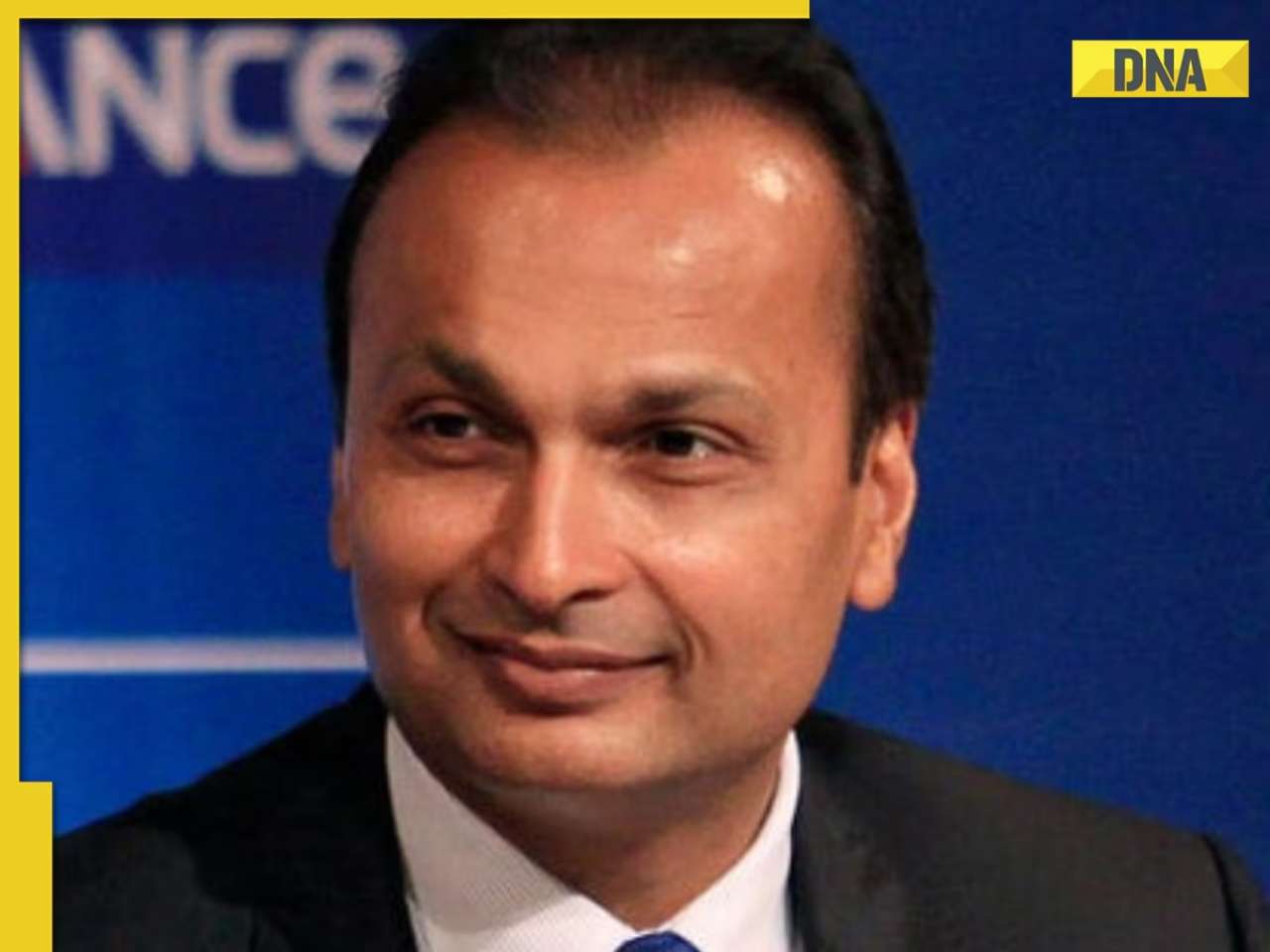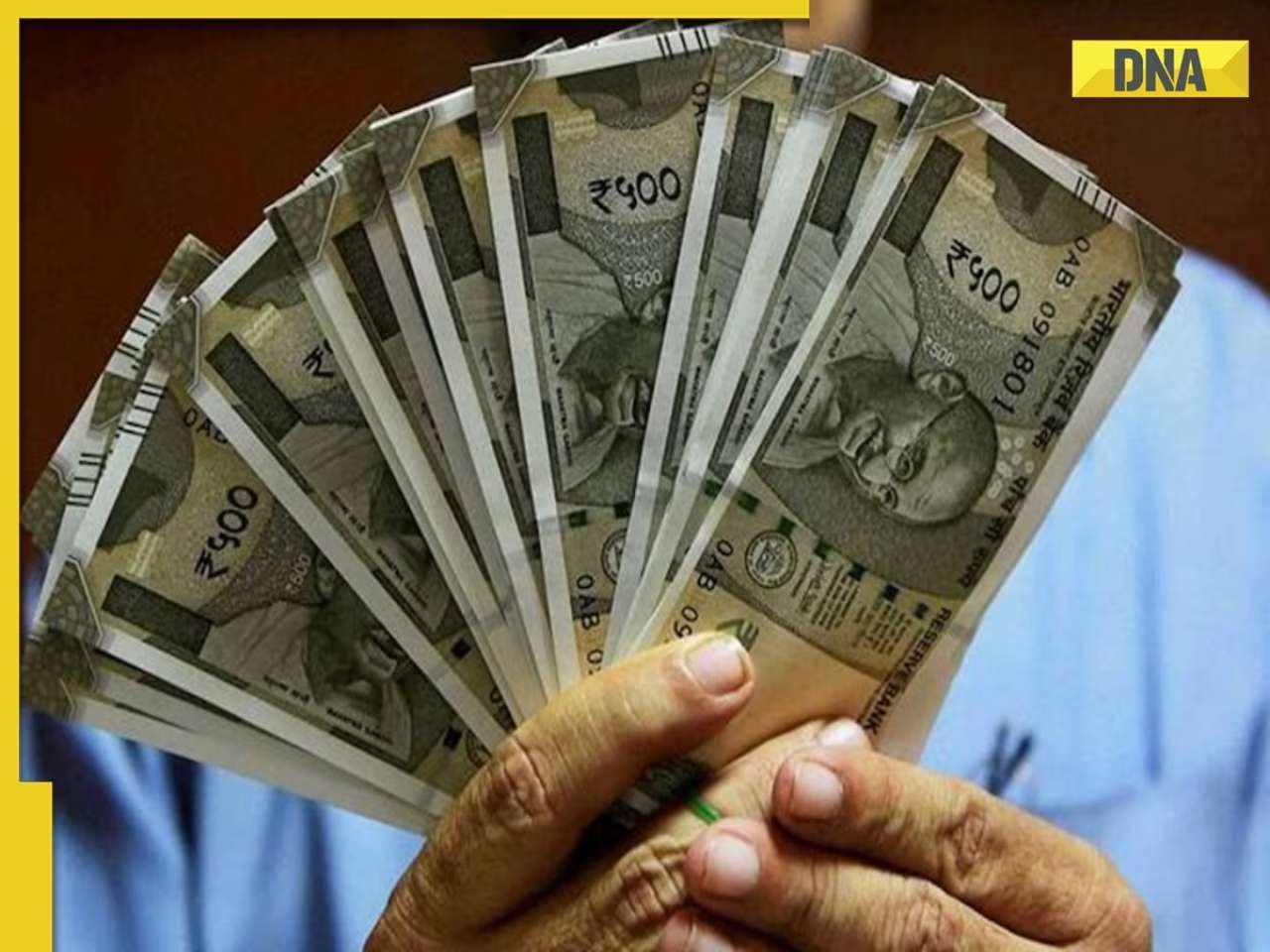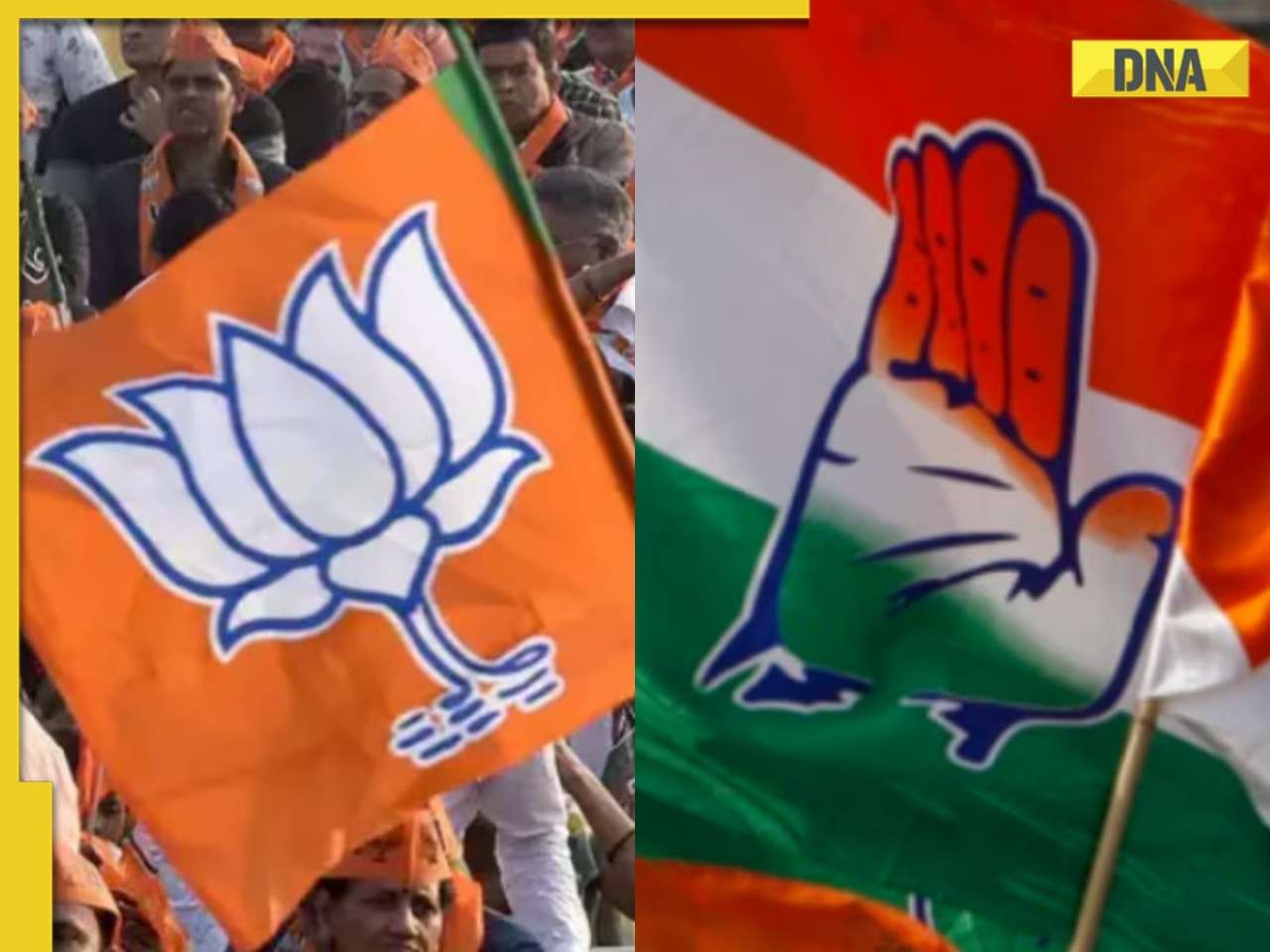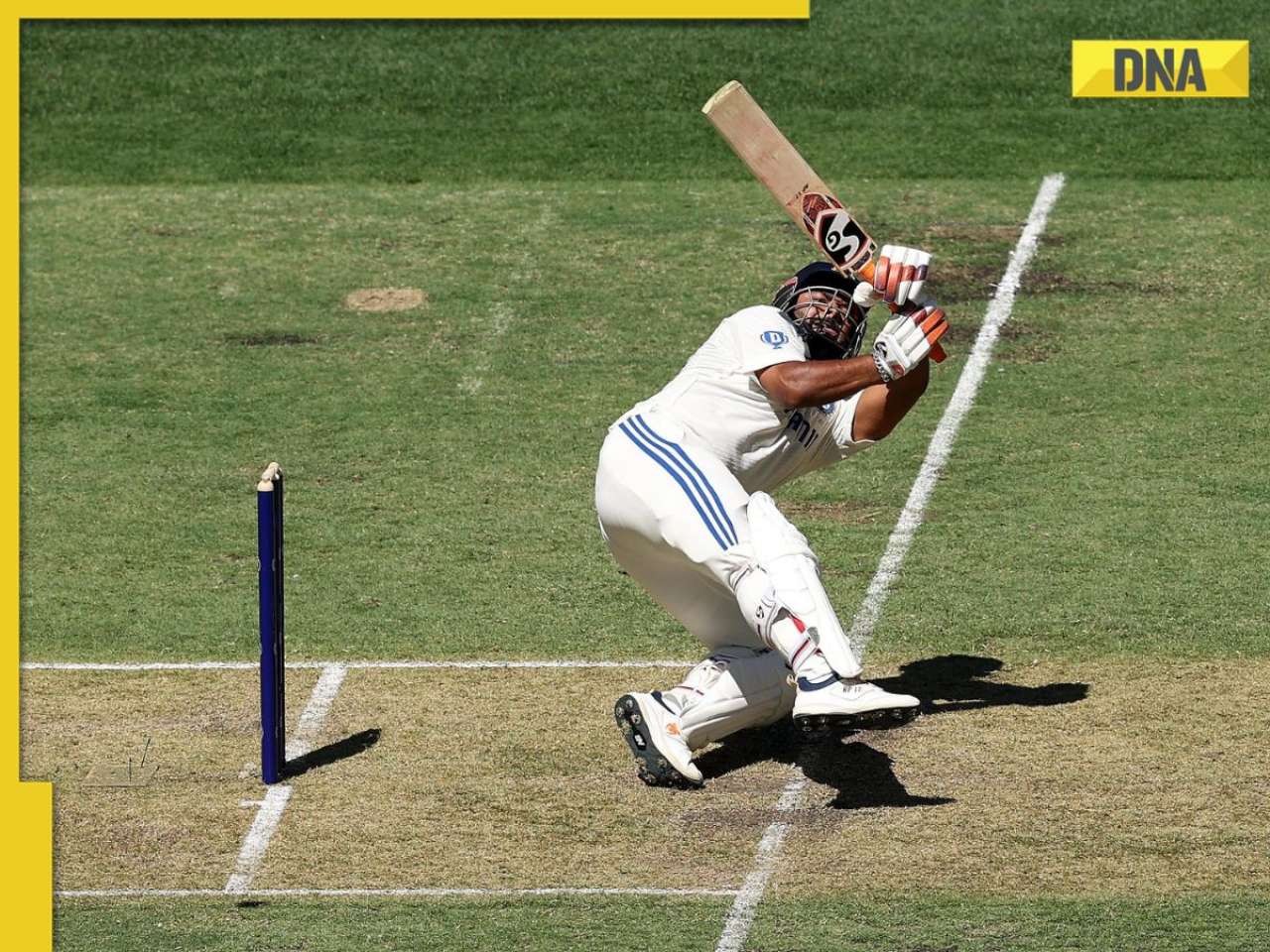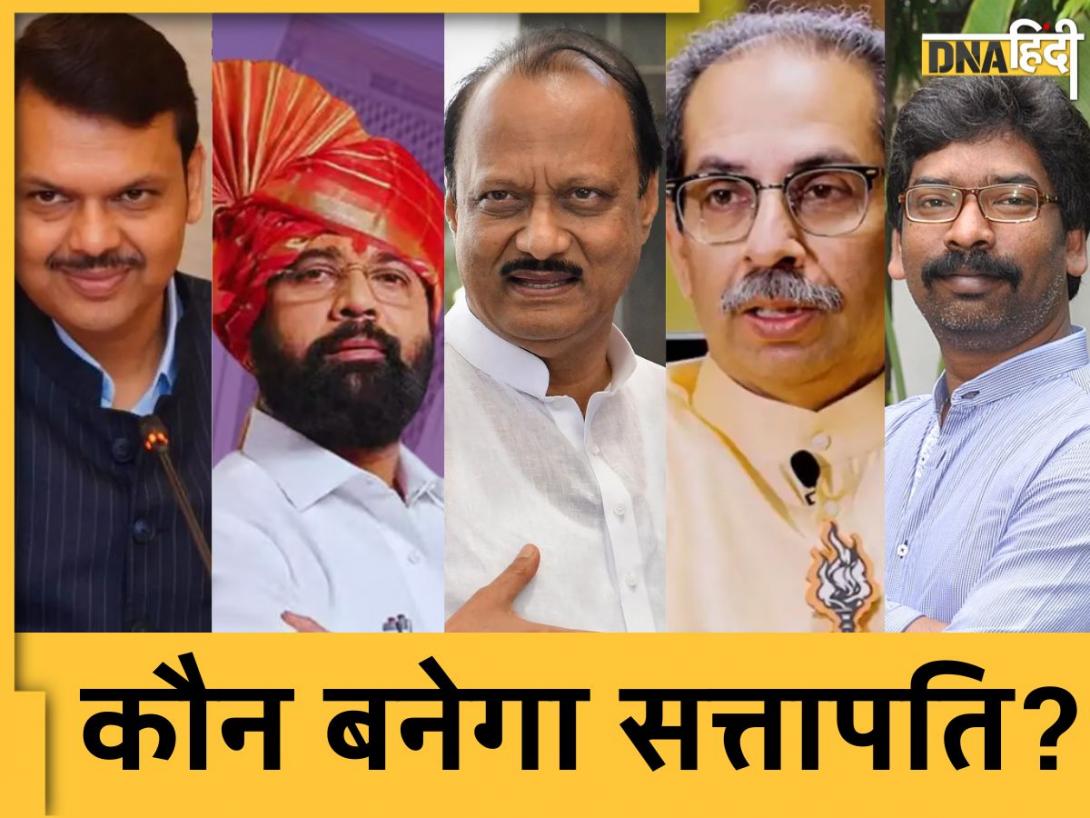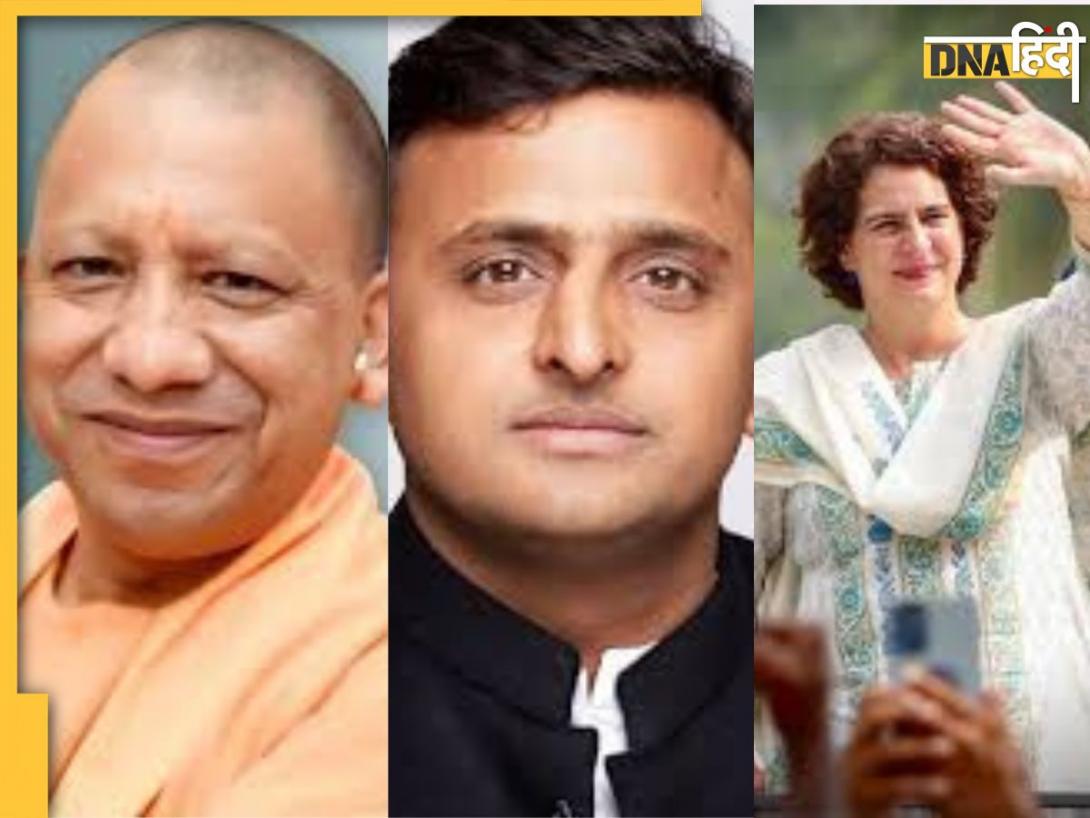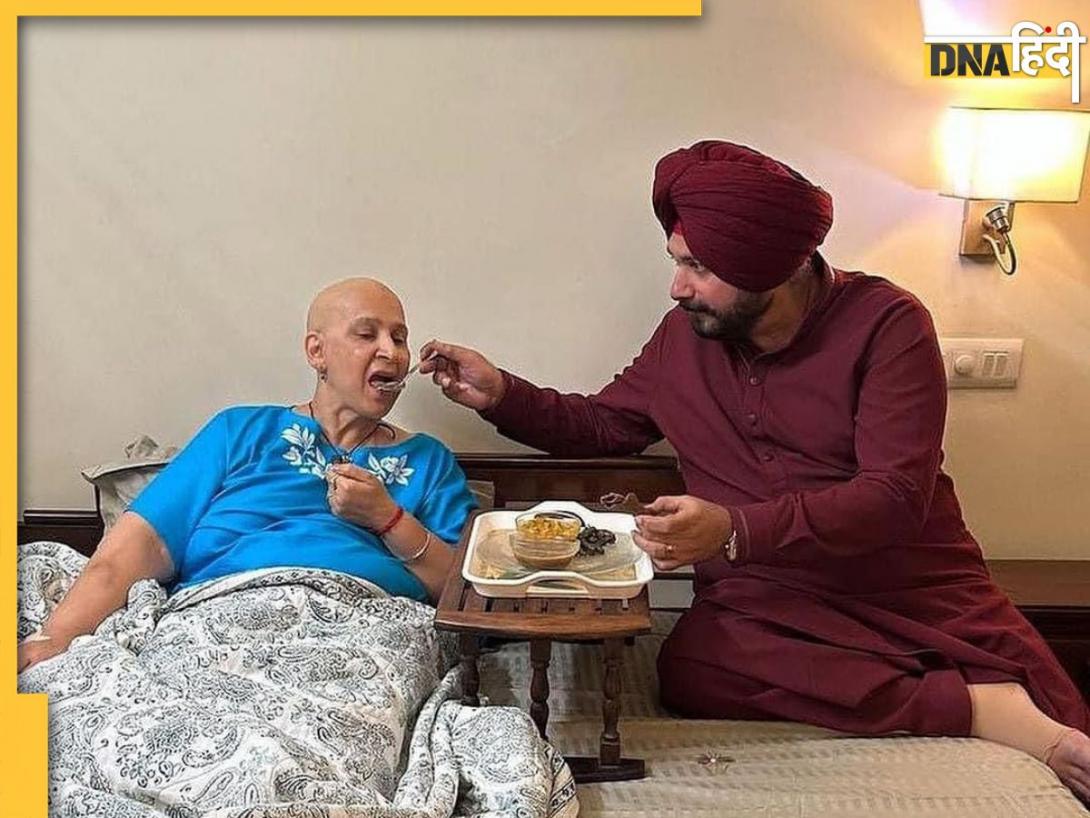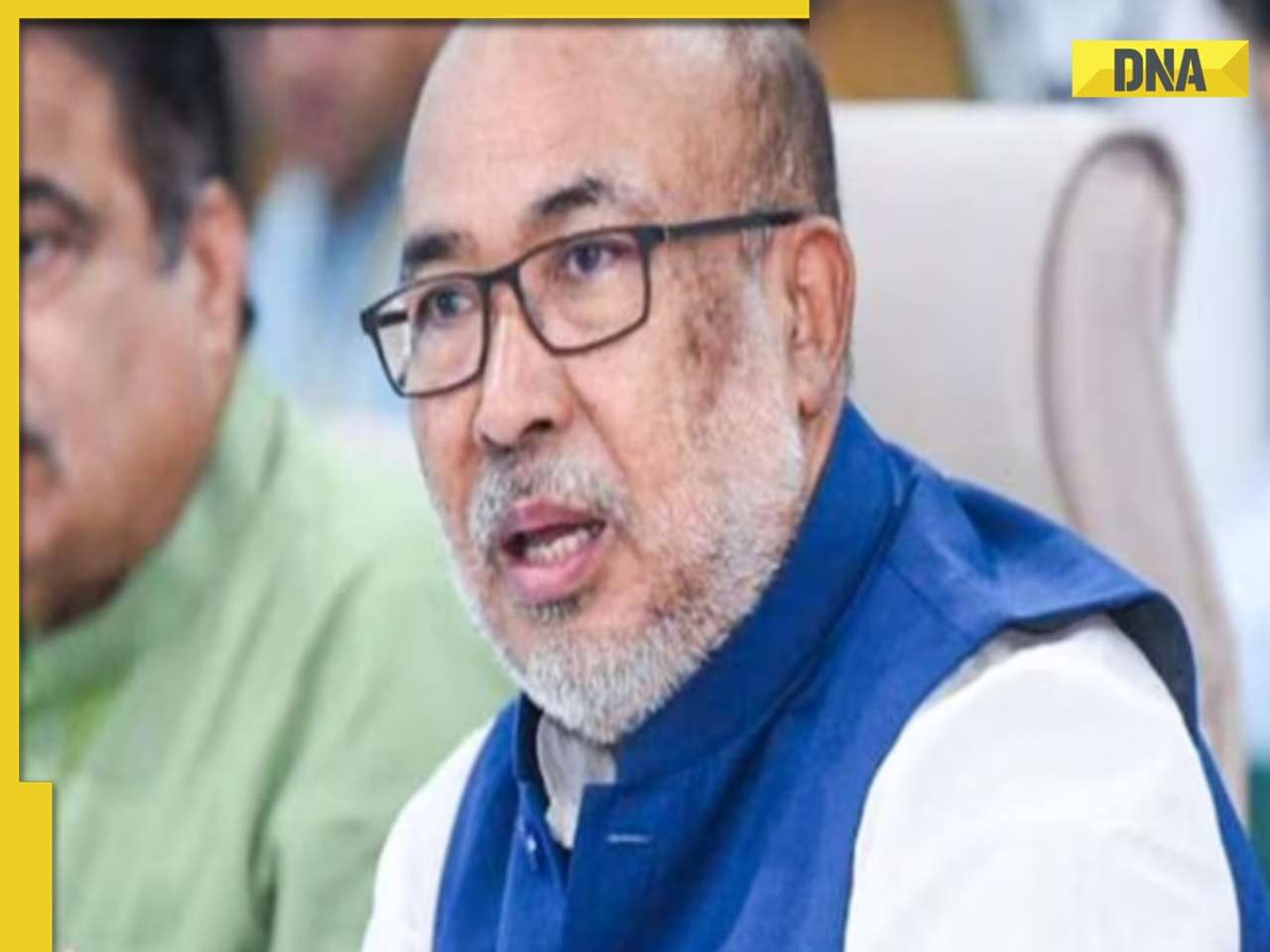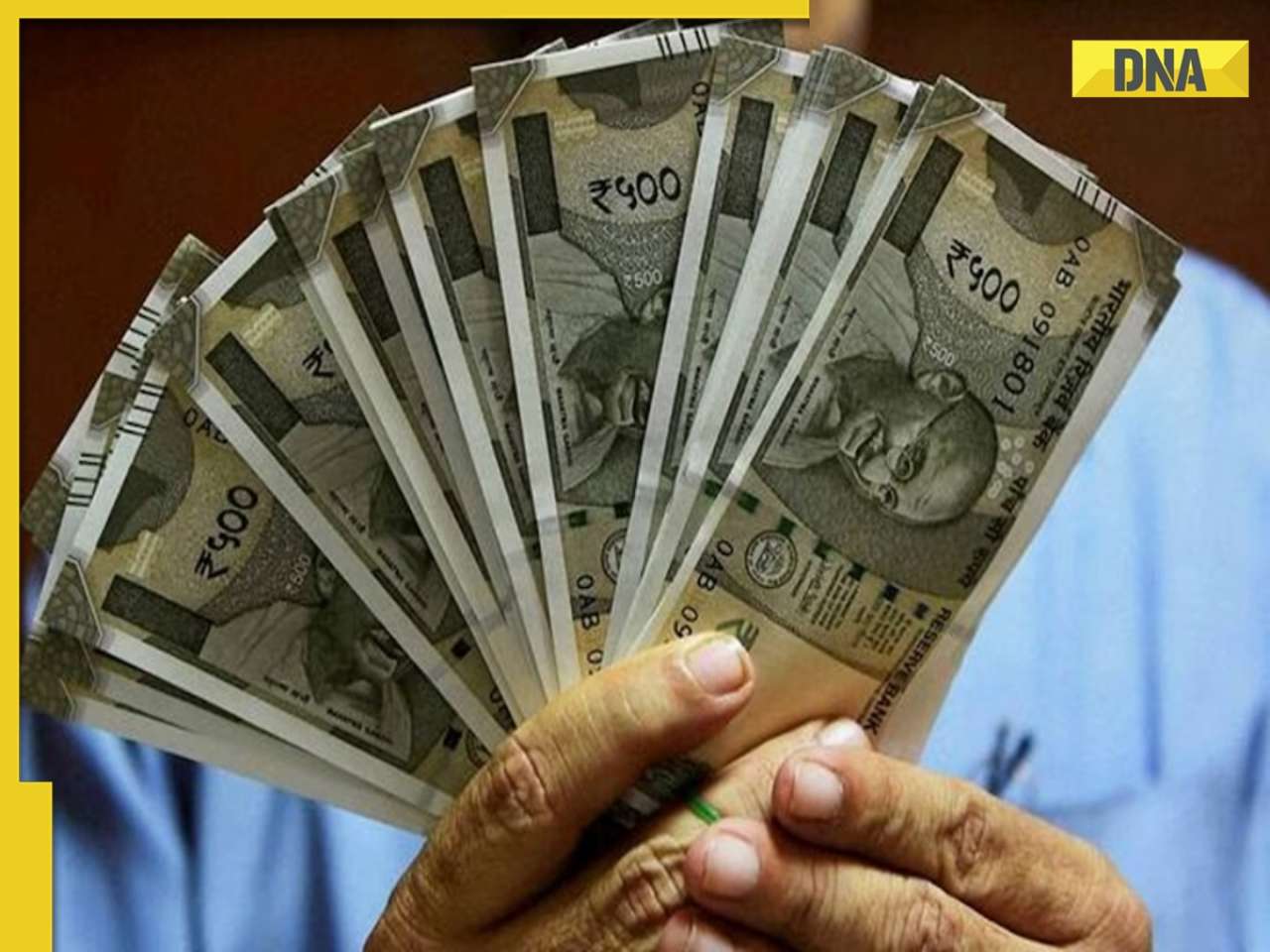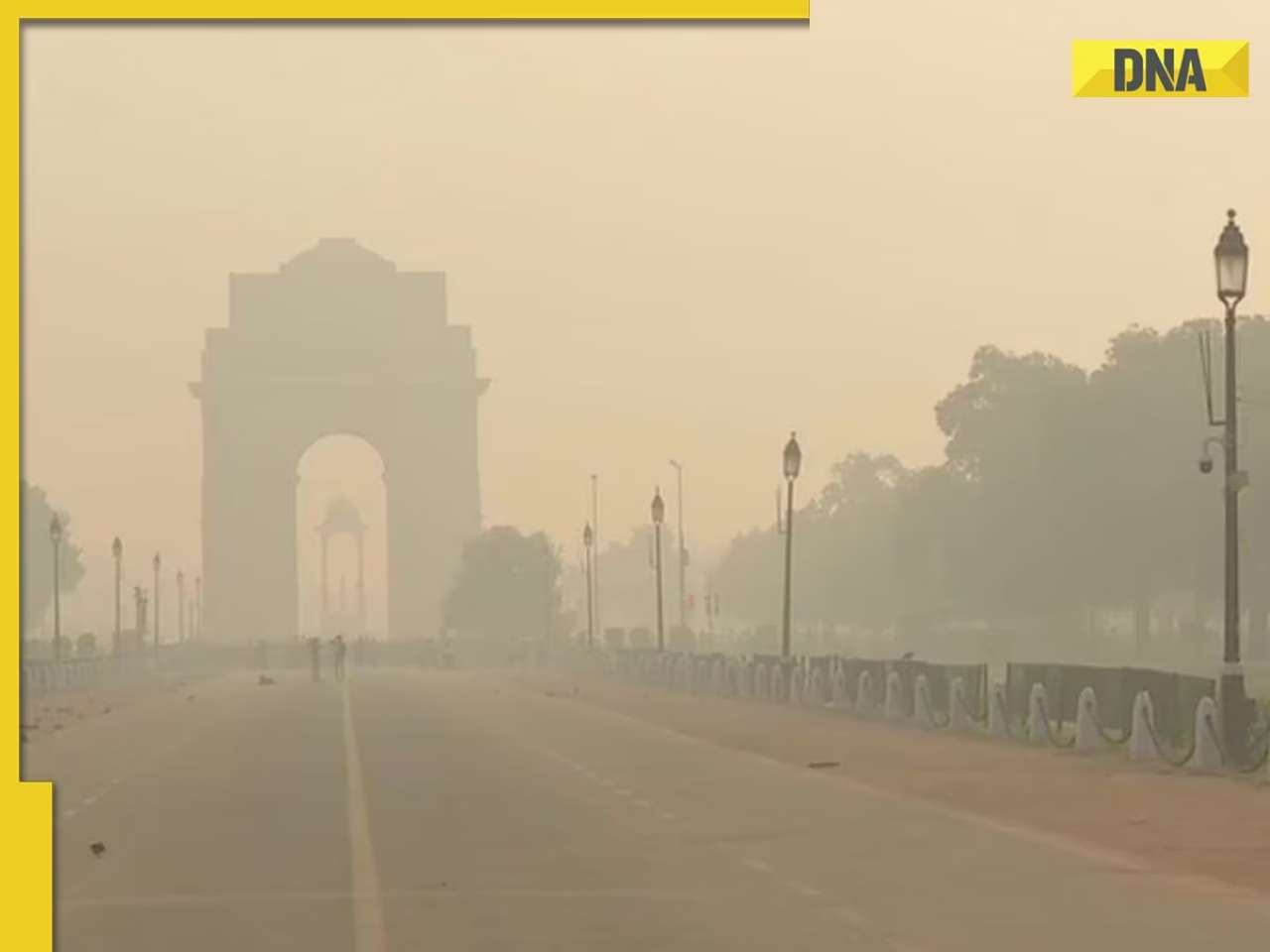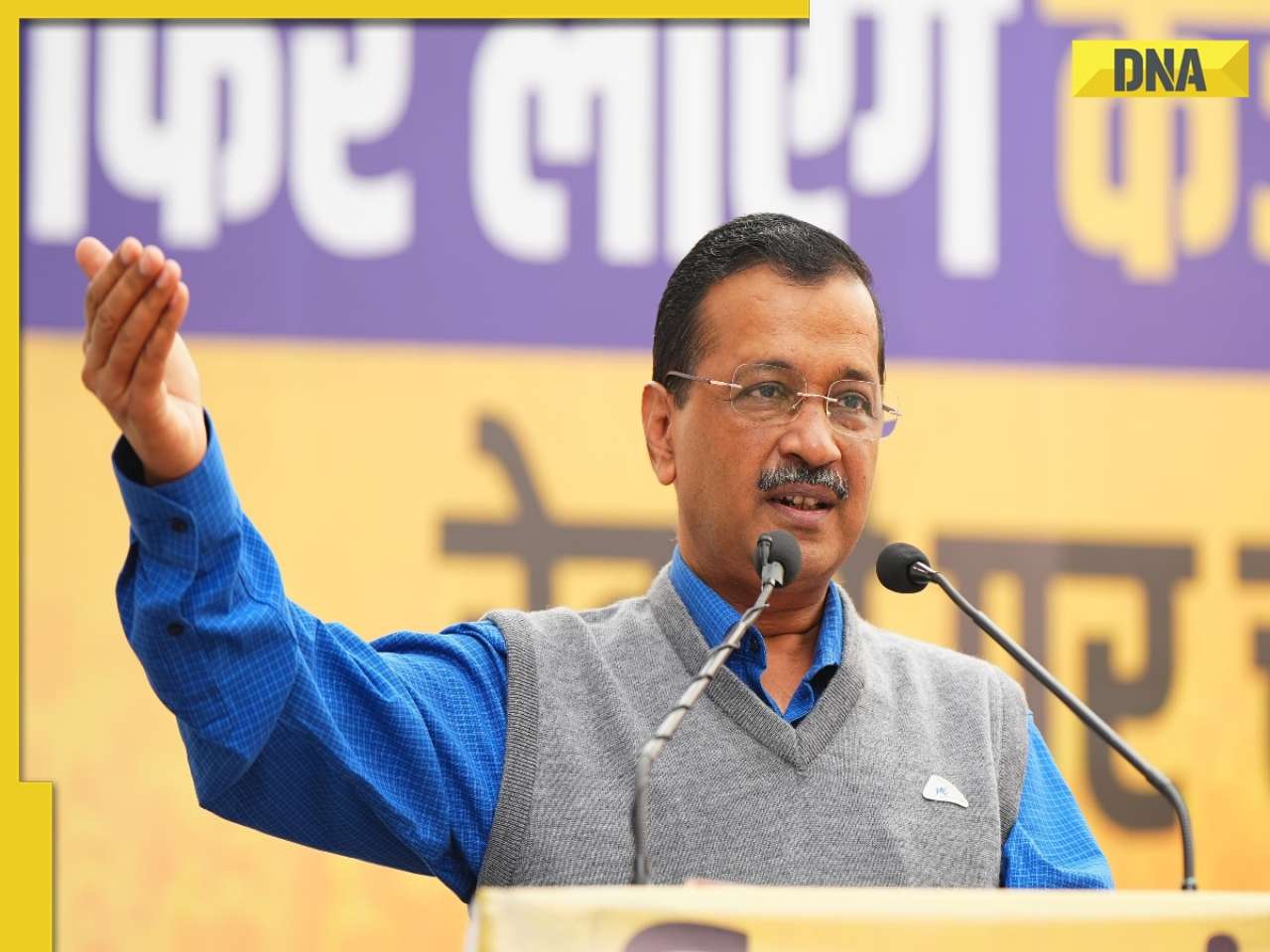- LATEST
- WEBSTORY
- TRENDING
ANALYSIS
Why historians feel the destruction of 1.5 lakh government files is akin to the Taliban destruction of the Bamiyan Buddha statues
TRENDING NOW
“Without libraries what have we? We have no past and no future.”
- Ray Bradbury
In a development reminiscent of the Dark Ages and the era of marauding barbarian conquerors, India's Ministry of Home Affairs (MHA) has destroyed some 150,000 files over the past month in a cleanliness drive. Other ministries are reported to have destroyed documents as well though not at the same scale as the MHA. Worse, it is reported that the orders come from the Prime Minister's Office itself.
There is no way of telling what has been lost in the destroyed files. When asked, officials claimed ignorance of the contents of most files. However, a few nuggets that were revealed included how India's first president, Rajendra Prasad, refused to take a pension after his term and instead donated it to the government's calamity fund. The same fund was also the recipient of the salary of the country's second prime minister, Lal Bahadur Shastri.
Another file revealed that India's last viceroy and first governor general Lord Louis Mountbatten received an astronomical allowance of Rs 64,000 via presidential sanction to return to England. Yet another file contained the record of a cabinet meeting held shortly prior to the announcement of the death of Mohandas Gandhi.
What was said in that meeting? By whom? For what reason? What did the tone of the meeting reveal about the attitude of the leaders of a nascent nation regarding its people? What were their concerns? On what basis was Mountbatten given such a generous travelling allowance? These questions have suddenly become harder if not impossible to answer.
Seeing malicious intent in the destruction of the files is not warranted as far as one can surmise from the outside. What is shocking, however, is the unbelievable callousness and obtuseness with which India approaches information management. The proper course of action in any democracy would have been to declassify the files and transfer them to the national archives where scholars and the general public may have access to them.
For example, the US National Archives and Records Administration (NARA) stores over 127,000 cubic metres of paper records, maps, and audio collections and receives over nine kilometres of records every year. This is in addition to state archives, the Library of Congress, university collections, and the presidential library system. Though the United States came into existence only at the end of the 18th century, NARA records go as far back as 1682 to the Spanish Land Grants.
Similarly, the British National Archives holds millions of files, photographs, posters, maps, and paintings stretching all the way back to the Domesday Book, the first land survey in England, in 1086. Again, this is in addition to several private collections and the British Library.
France has by far the largest national records repository in the world. Set up in 1794, the French archives stores records in excess of 456 km, the oldest document going all the way back to 625; this is in addition to the some 1,800 km of archives at the prefecture level. By 1800, the Archives nationales had become an autonomous body within the French government and launched an active campaign to alleviate cities, churches, and private concerns of the burden of preserving old records by collecting and preserving them in public state-funded repositories.
In contrast, India's National Archives are poorly funded and maintained and hold a threadbare collection of documents. The stacks of the National Library of India, in Calcutta, hold a mere 2.3 million items (2.2 million books); this is dwarfed by the 40 million item collection (14 million books) at the Bibliothèque nationale de France, British Library's 150 million items (14 million books), and the US Library of Congress' 158 million items (32 million books).
Until recently, Indians did not study their past methodically as Fabius Pictor, Cato the Elder, or Livy did Rome nor did they bother to preserve historical records for posterity beyond inscriptions and rock carvings. Abu al-Rayhan Muhammad ibn Ahmad al-Biruni is considered to have written the first history of India, his Kitab ta'rikh al-Hind, around 1030. Arguably, this view overlooks the works of Fa Hien, Huen Tsang, Banabhatta, and the several Greek historians such as Megasthenes, Strabo, and Nearchus in Alexander the Great's retinue. However, many of these works can be called histories only by the grace of semantic generosity - Fa Hien was the author of a travelogue, Banabhatta wrote a biography, and none of the Greeks attempted a systematic study as al-Biruni did. Of importance is that none of these writers barring Banabhatta are Indian.
Whether neglect for history in India is chalked up to disdain, apathy, or a utilitarian worldview, the fact remains that the subject has been given scant attention. Even as late as the 1870s, Indian nationalists were worried that they had no linear narrative history. Bankimchandra Chatterjee is supposed to have exclaimed, “We have no history! – We must have a history!” An Indian narrative was required to escape from Western notions of historical decline, inferiority, and progress, a narrative which would instil pride in Indians of their heritage.
There is a strong case to be made that the same holds true even today - the declassification and preservation of documents will allow scholars and private citizens to study and understand the history of their country better; through empirical records, policies on a host of issues can be analysed and discarded or modified and implemented. A whole pool of experts outside the government will be created that can be called upon for consultation, if so desired, by ministers. This would reduce the size of government by not making it critical to employ several experts in each field of government activity. Relatively unbiased scrutiny will also weaken the hold of the bureaucracy on the flow of information in the country.
Narendra Modi had earlier remarked that he wanted to improve the quality of Indian think tanks. This is indeed a laudable goal that addresses important higher order functions of a state. However, how are think tanks supposed to produce high quality research if the data they require is destroyed or inaccessible? Since India prides itself on being a major player in the international information technology market, a good solution would have been to scan and tag the old files. This would have taken far less space as well as preserved the information indefinitely and easily accessible if and when required.
The destruction of the thousands of government files may not be of much consequence to most but to historians, it is comparable to, for example, the destruction of the Buddha statues at Bamiyan in 2001 by the Taliban. The decision to get rid of old and dusty government files was likely without malice but also without thought and with consequences.
The Congress had made it a routine to lose files to mysterious fires or to misplace them permanently; there was no move towards making government records easily accessible to the public either; the Right To Information Act is only a hollow gesture compared to the Freedom of Information Act in Britain or the United States. The stunning election success of the Bharatiya Janata Party in the April-May 2014 general elections has been interpreted as a vote for change; here is hoping that the change will be visible soon and for the better.

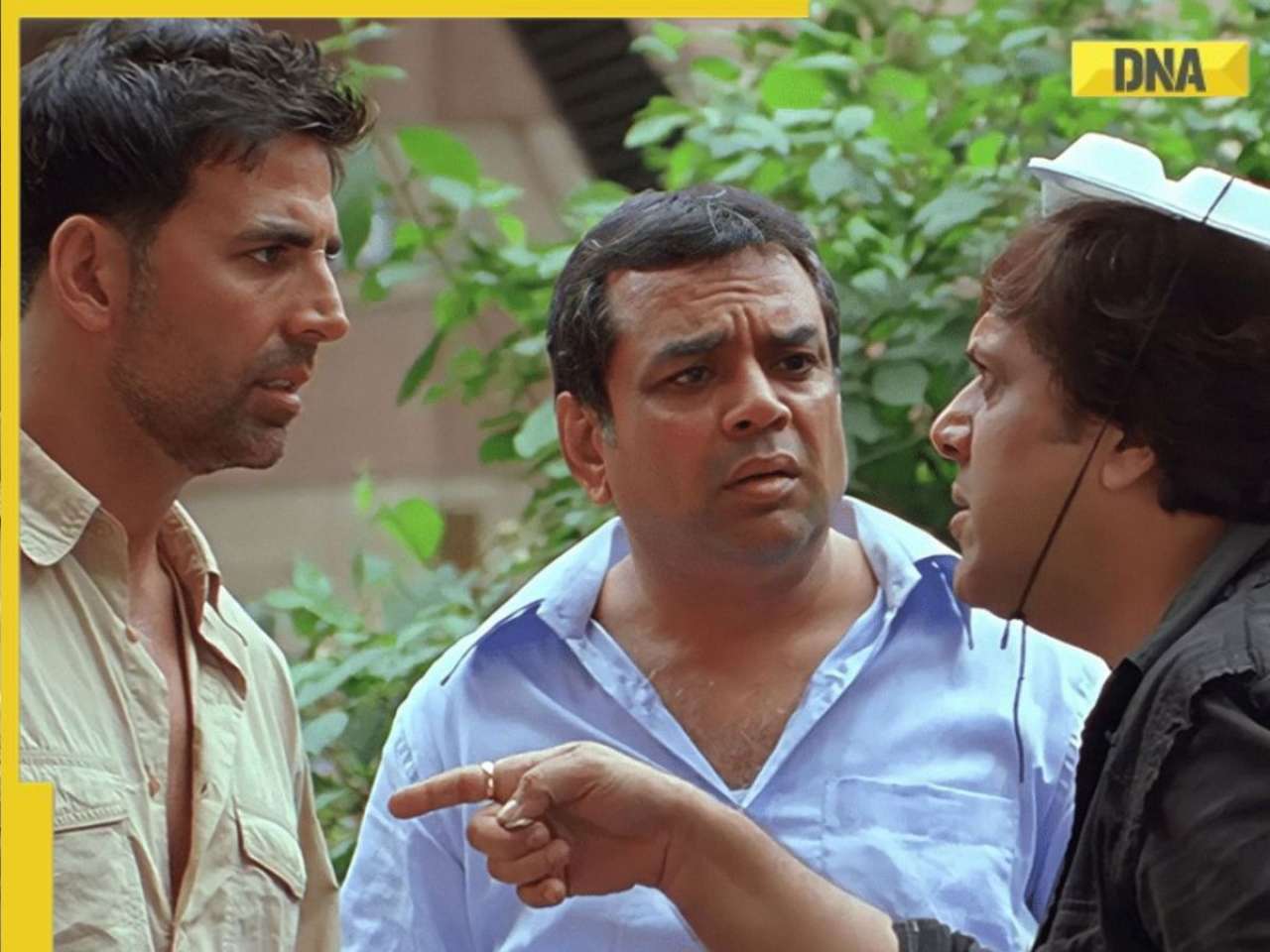





)
)
)
)
)
)
)
)
)
)
)
)
)
)
)
)





